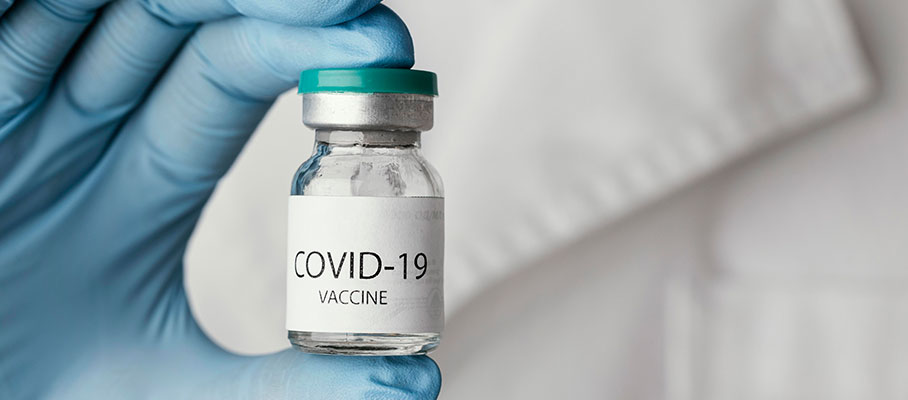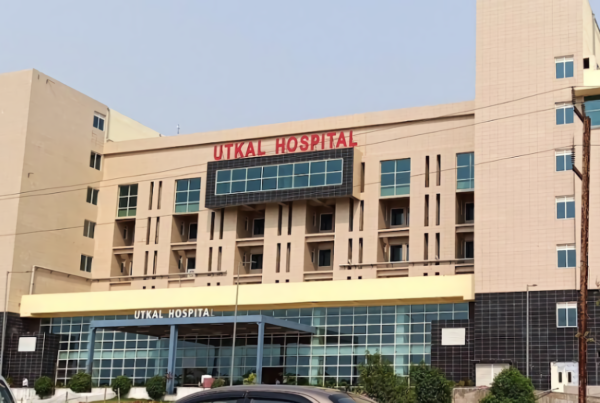People exposed to higher levels of air pollution before the pandemic are likely to have lower antibody responses to COVID-19 vaccines, a study suggests. The researchers in the study said that exposure to fine particulate matter (PM2.5), nitrogen dioxide (NO2) and black carbon was associated with about a 10 per cent decrease in IgM and IgG antibody responses in people without prior infection. The findings published in the journal Environmental Health Perspectives also provided further evidence of the adverse effects of air pollution on the immune system.
The team analysed data from 927 participants aged 40 to 65 who answered questionnaires and submitted blood samples in the summer of 2020 and the spring of 2021. All of them received one or two doses of the primary COVID-19 vaccines administered in Spain, made by AstraZeneca, Pfizer or Moderna.
The research team measured three kinds of antibodies (IgM, IgG and IgA) to five viral antigens (three of them on the spike protein contained in the vaccine). Each participant’s exposure to PM2.5, black carbon, NO2 and ozone (O3) was estimated based on their location and address before the pandemic broke out.



